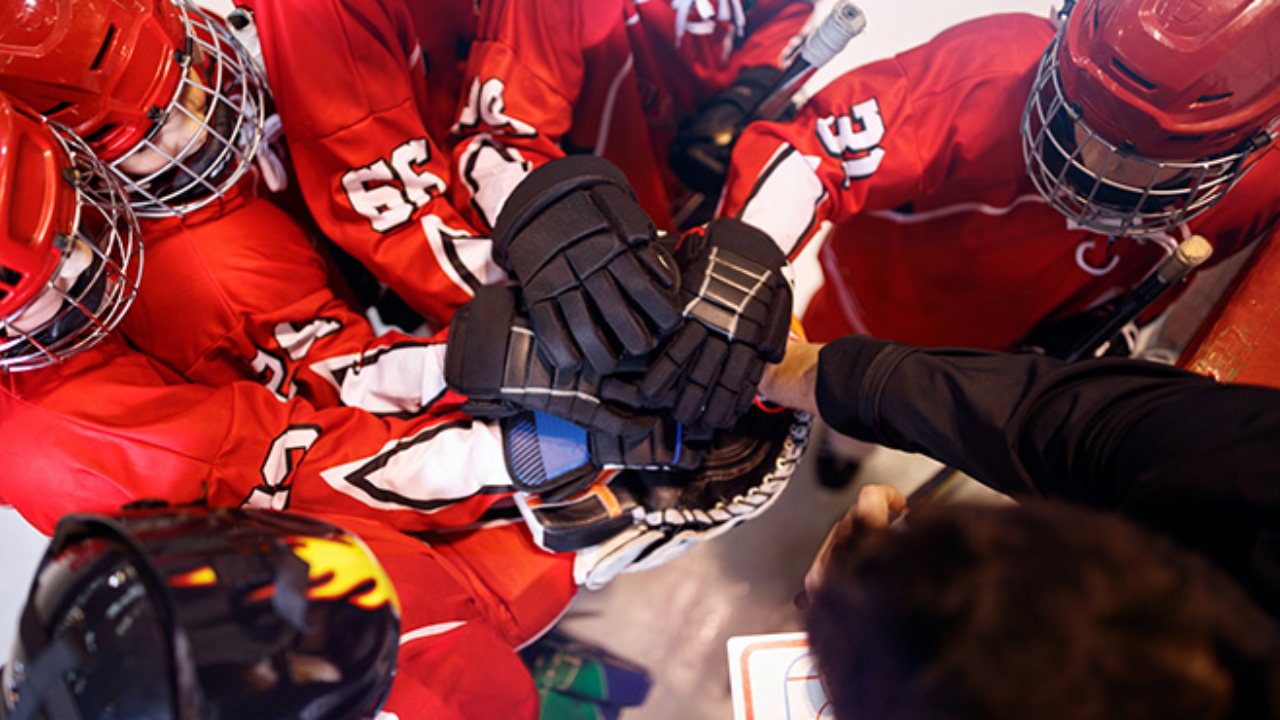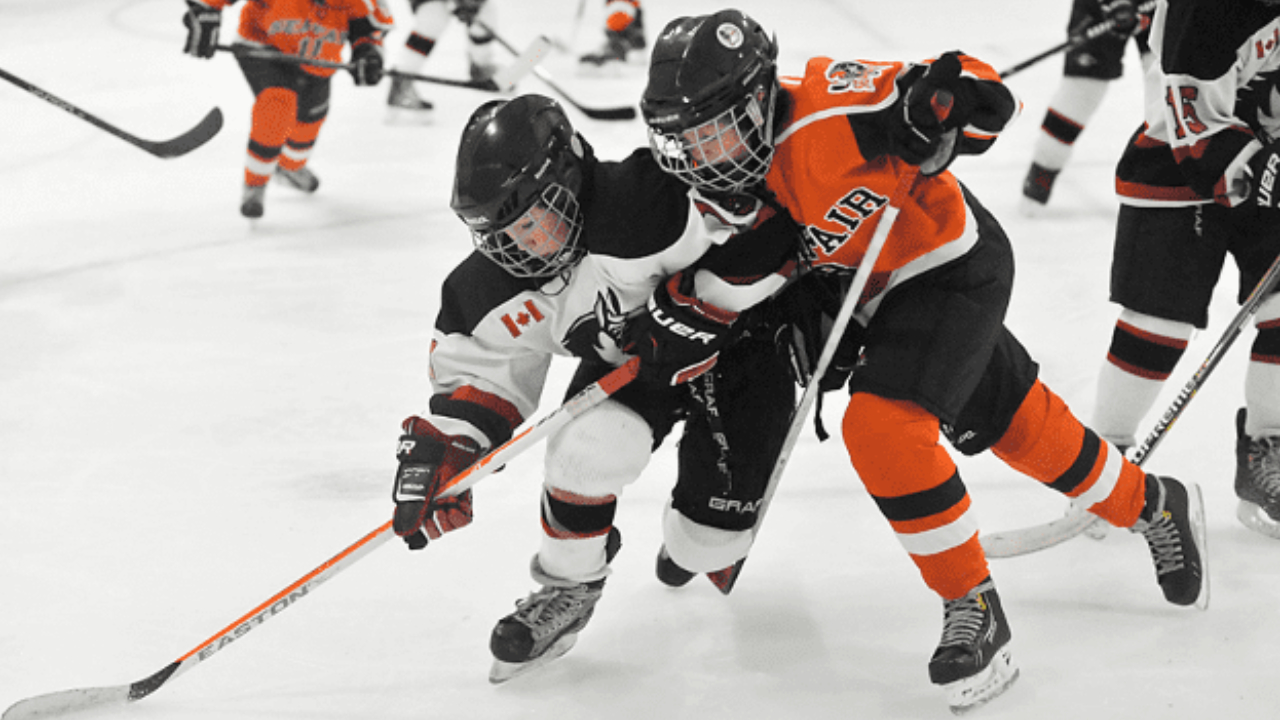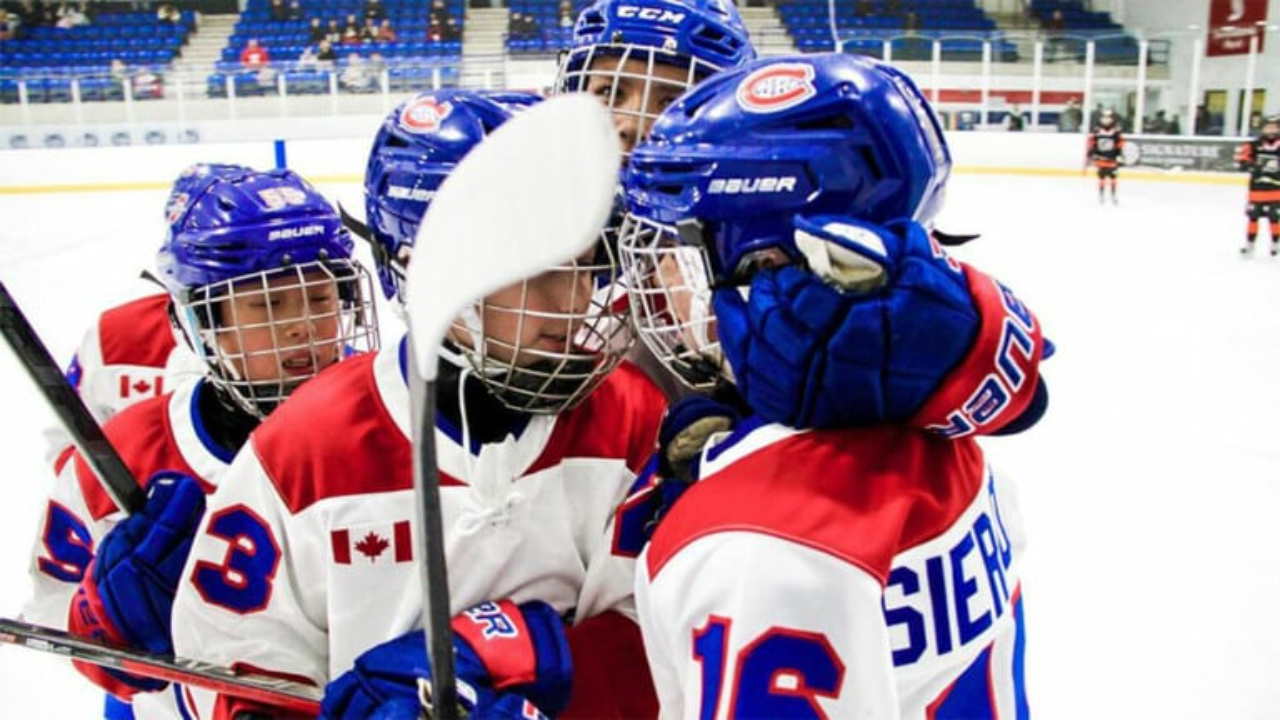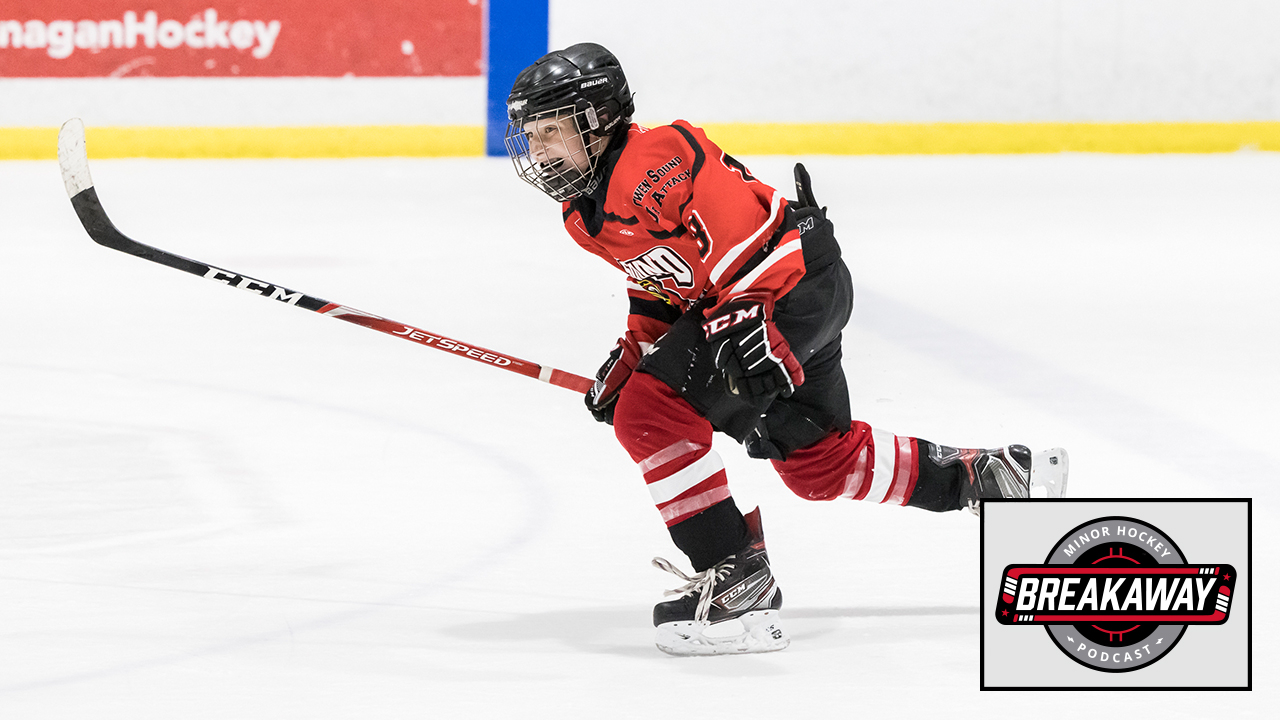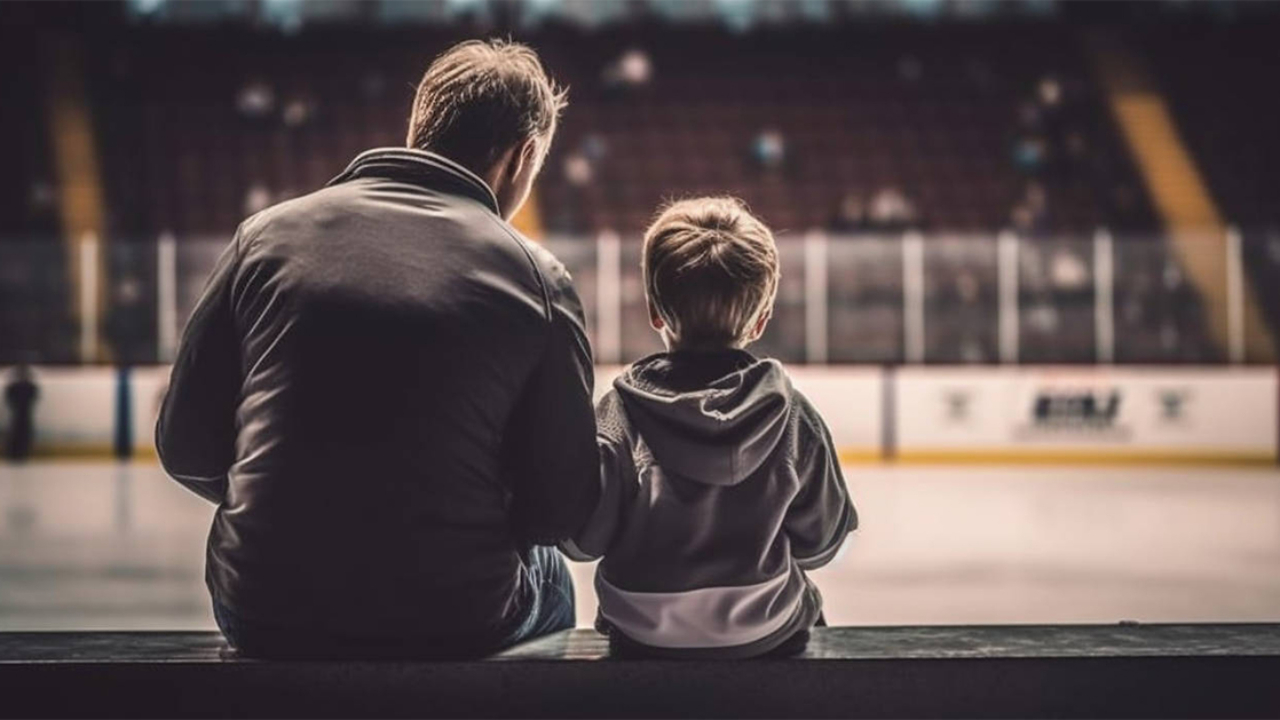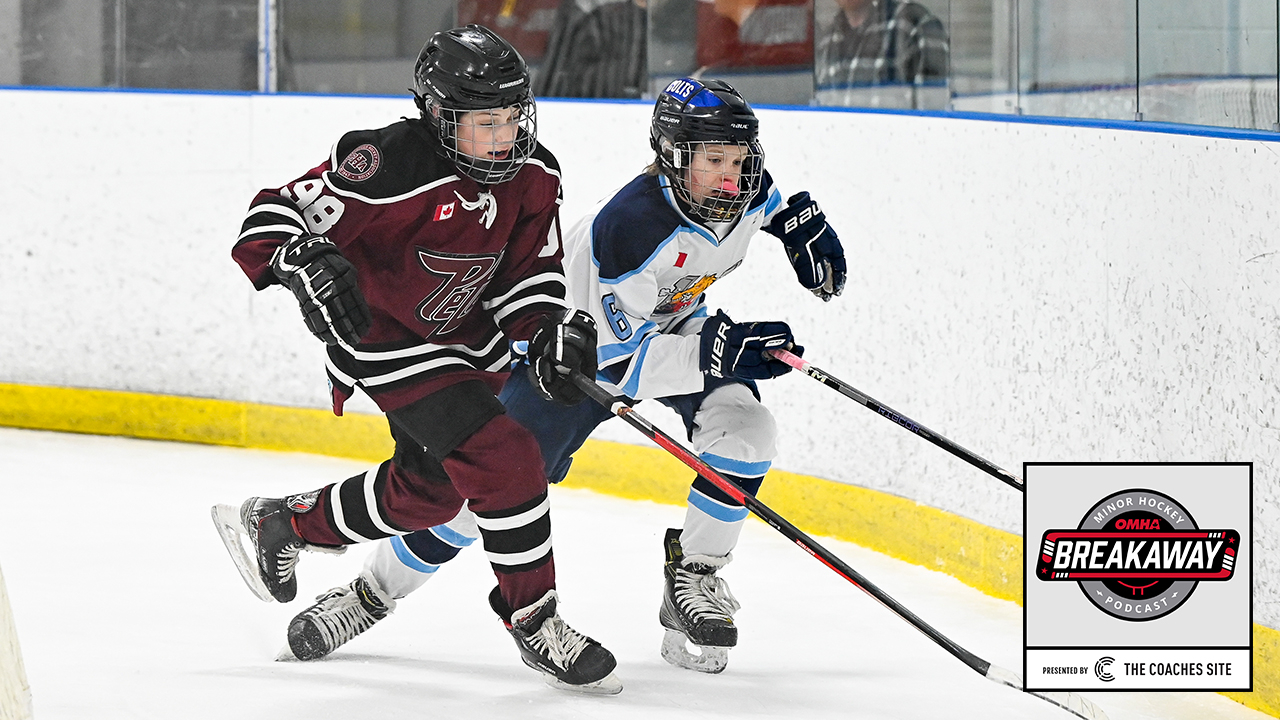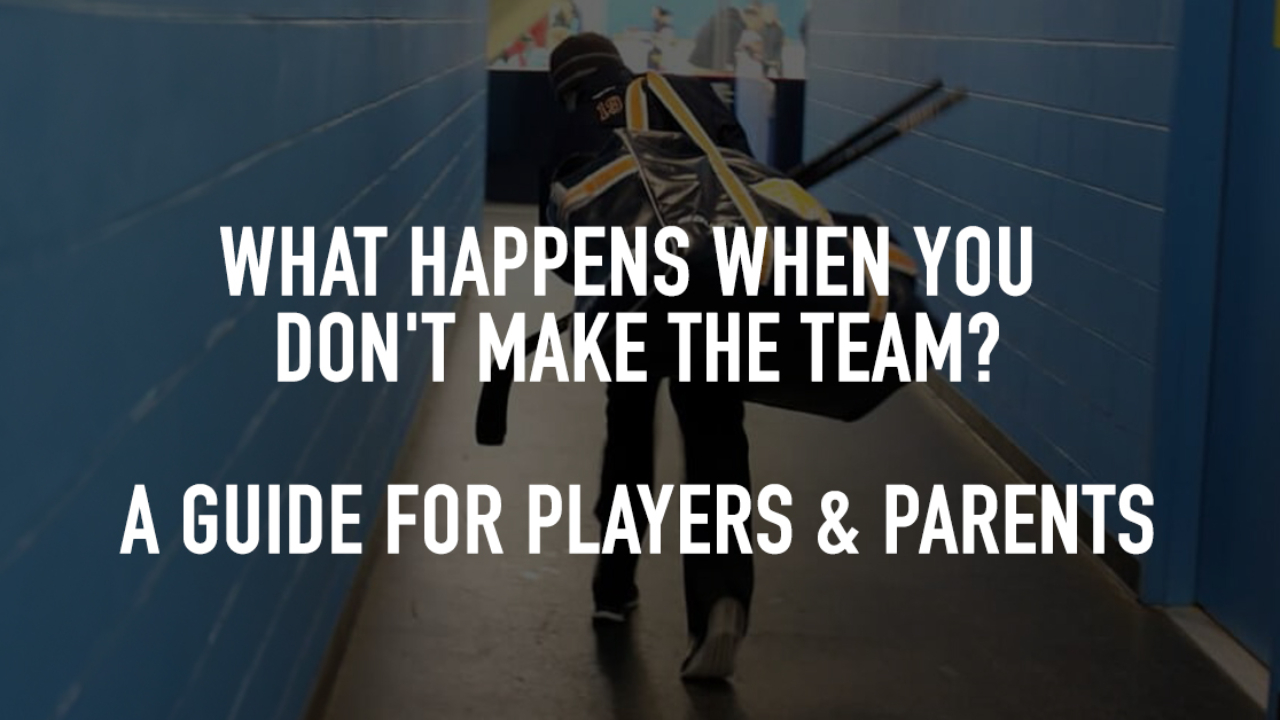If I were to pinpoint when sports transitioned from being a valuable learning experience to the "my kid has to make it to the NHL" mentality, I'd argue it happened in the last decade with the rise of social media. Social media has started to highlight only the best moments of everyone's lives, making us forget that sports are not about securing a scholarship or making a career out of it, but about practicing essential life skills.
Last year, my son's team won tournaments that they probably shouldn't have been in because they were too skilled for that level of competition. However, when these victories were posted on social media, featuring massive trophies or banners celebrating their gold medals, it projected an inside-out message that we are the best. These types of posts inevitably spark a comparison war online. When a team doesn't win, the post typically begins with "it wasn't the outcome we wanted." But what outcome were they really hoping for? In my view, the real value of a tournament is the team bonding that occurs over a weekend in a hotel.
Have you ever noticed that when a team wins, parents say "We won"? But when the team loses, it shifts to "They lost." Even parents don't want to associate themselves with their child's team losing. Ultimately, parents aren't the ones playing, and I know we are all genuinely proud of our kids for their efforts. However, we push them harder than ever before. The off-season training my 13-year-old son undergoes is incomparable to what I did at his age. I spent most nights from April until August lounging on the couch. I, too, struggle to balance helping my son reach his goals verus enjoying our short summers.
Recently, a parent texted me, concerned that her 9-year-old son didn't make a "rep" team. Instead of teaching the child that he isn't good enough YET and encouraging hard work for future improvement, her response was to consider quitting hockey and focusing on golf instead.
Parents naturally want to shield their kids from pain and adversity, and I am no different with my own children. No parent wants to see their kids in distress, but we forget that overcoming challenges is a crucial part of growth. When a 6-year-old is getting their ass kicked in a game, notice how awkward the parents become and how they act out of character, whereas the child forgets the entire situation just 10 minutes later. I once heard a great comparison to baseball: the average hitter has a .250 batting average, meaning they are only successful 25% of the time. Life is no different; it will throw you around, and without resilience, it will chew you up and spit you out. Without developing resilience, we face a world rife with depression, increased anxiety, panic disorders, and other mental health issues.
Every year, hockey drifts further away from its core values of affordability, accessibility, making new friends, and building life skills. My question is, when will this correct itself? Each year, we swing to the extreme of either going pro or not trying at all, and it only gets worse! I have kids in hockey, baseball, gymnastics, and dance. The common thread among all these sports is the dream that your child will make it professionally. And I admit I'm guilty of this myself. My 3-year-old joined gymnastics this past season, and I half-seriously joke about Olympic rings in her future.
The lessons I learned from sports at a young age have stayed with me as I ventured into business ten years ago. The team aspect remains the same, and if we aren't enrolling our kids in some kind of organized sport between the ages of 3-8 when they are most receptive to learning these vital life skills, we are doing a disservice to both ourselves and our children's development.
Watch the full episode of Mind Pump espisode 2575 - Raising Resilient Children With jen Cohen





